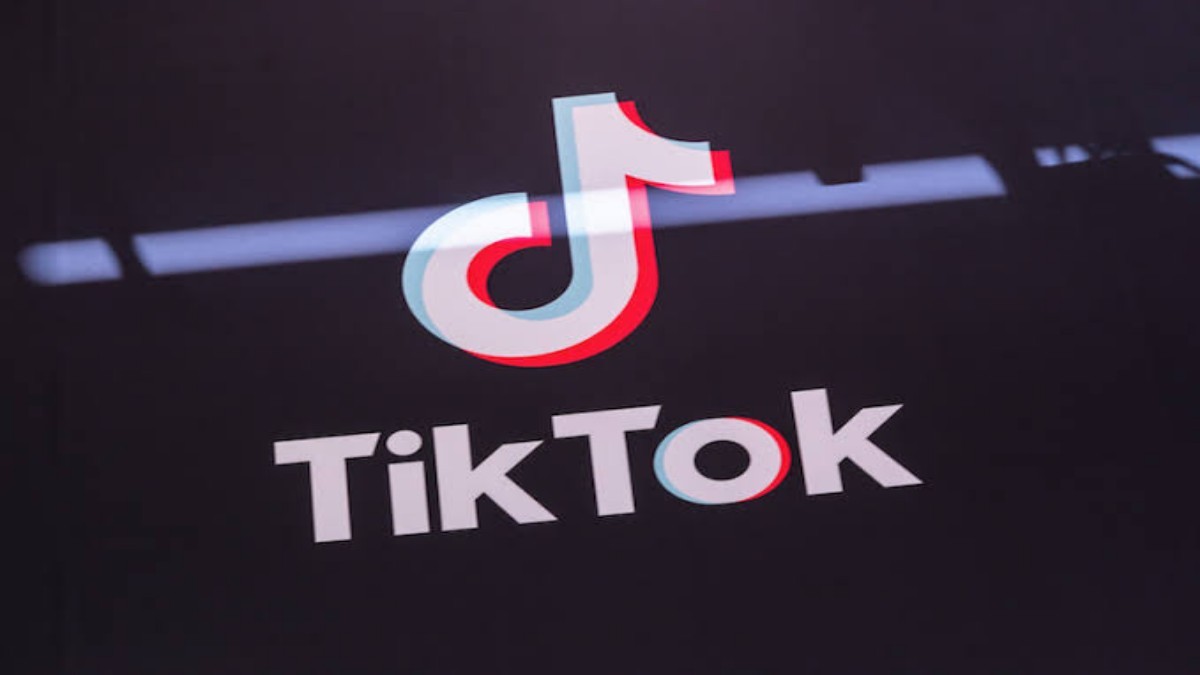A number of well-known British media outlets have joined ProRata, an AI firm that claims to compensate publishers for the usage of their work, in its expanding network of partnerships.
The Los Angeles-based firm announced on Wednesday that it has signed licensing deals with publishers such as Sky News, the Guardian, and the Daily Mail’s publisher, DMG Media.
In a recent Series A funding round, ProRata raised $25 million from investors such as the Mayfield Fund, Prime Movers Lab, and Revolution Ventures.
“ProRata’s founder and CEO Bill Gross said his firm’s AI technology is the only one that pledges to credit and compensate creators, while providing users with accurate search results.
“We have had hundreds of content owners and media companies reach out to us from around the world who are interested in piloting our technology. Stealing and scraping content is not a sustainable path forward,” he continued.
Similar alliances have previously been formed by ProRata with the German publisher Axel Springer, the Atlantic, Fortune, Time, and Universal Music Group (UMG).
Media firms are offered reasonable compensation by ProRata for the use of their content. The startup’s in-house technology may determine the proper amount of pay by evaluating the worth of the information used to create responses from an AI platform. This would make it possible to pay copyright holders for their work on a per-use basis.
Gross had previously said that AI platforms have been using “shoplifted, plagiarized content,” which fosters an atmosphere in which “disinformation thrives and creators get nothing.”
Gross is recognized for having created the pay-per-click model of internet search monetization with his business, GoTo.com, which was eventually acquired by Yahoo! in 2003.
In a recent blog post, Tige Savage, a cofounder of Revolution, stated that Bill Gross is a serial entrepreneur with extensive experience in monetization techniques.
“He’s attracted a world-class tech team led by AI luminary Tarek Najm to implement the vision and an accomplished business team, including Annelies Jansen and Jonas Lee to drive content and AI partnerships,” Savage continued.
The unpaid use of copyrighted materials by OpenAI and other tech companies to train their AI systems has led to litigation from media companies and other content creators.

 Business4 weeks ago
Business4 weeks ago
 Health3 weeks ago
Health3 weeks ago
 Technology3 weeks ago
Technology3 weeks ago
 Sports3 weeks ago
Sports3 weeks ago
 Science3 weeks ago
Science3 weeks ago
 Business2 weeks ago
Business2 weeks ago
 Science2 weeks ago
Science2 weeks ago
 Science1 week ago
Science1 week ago













